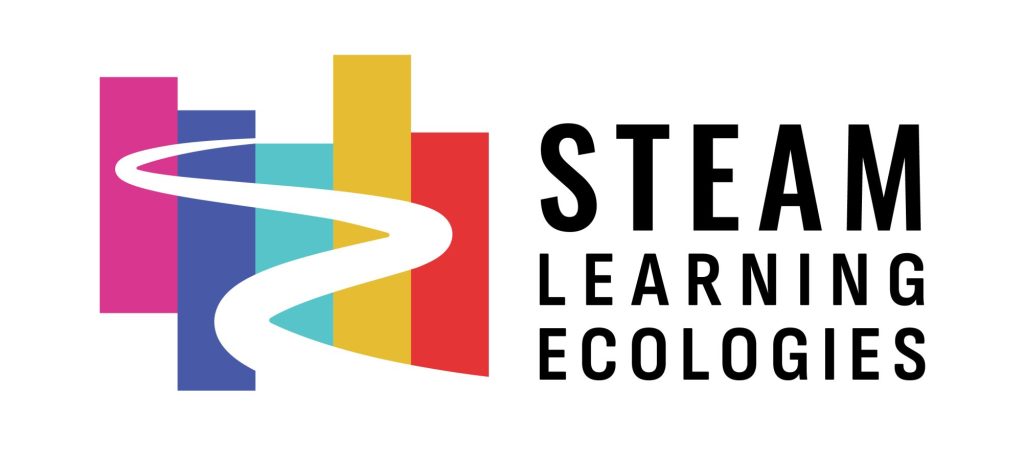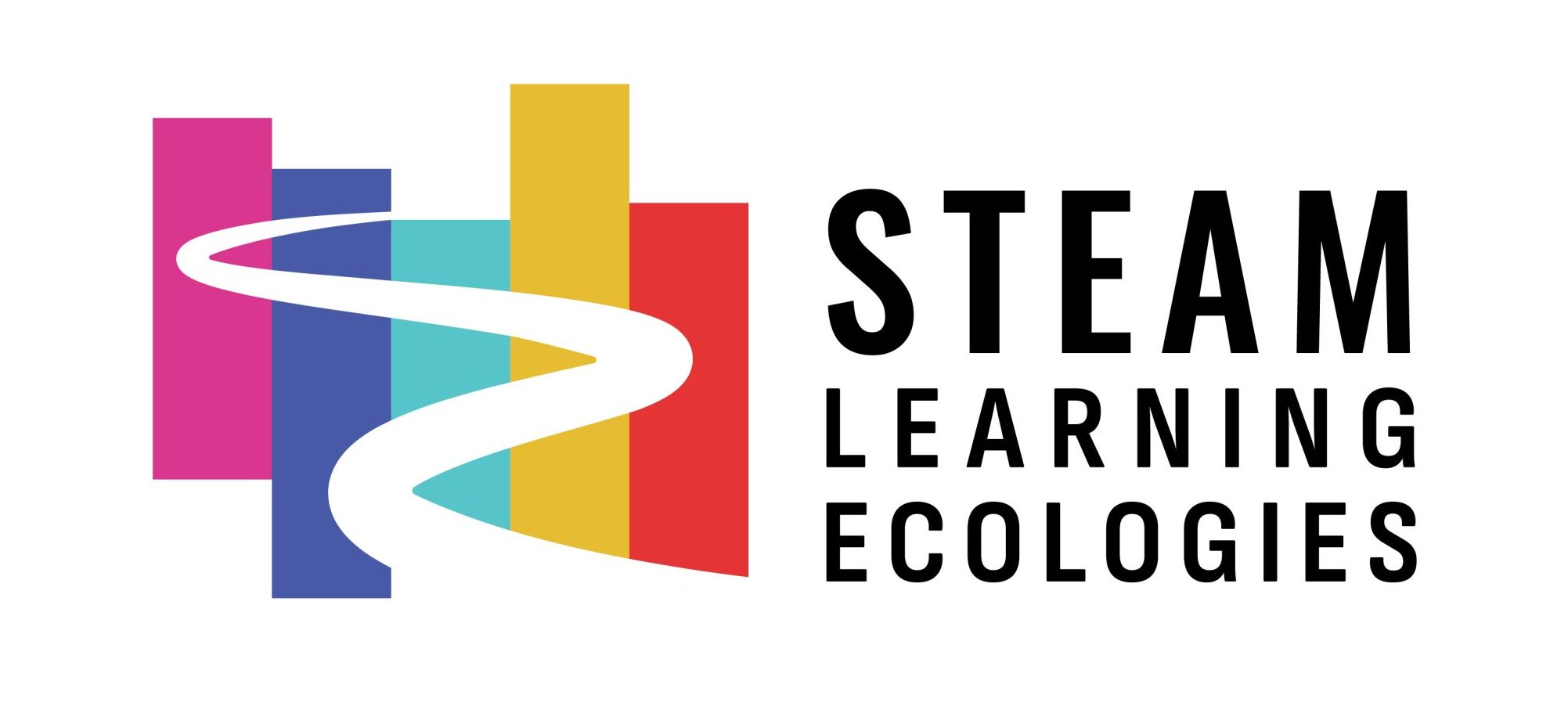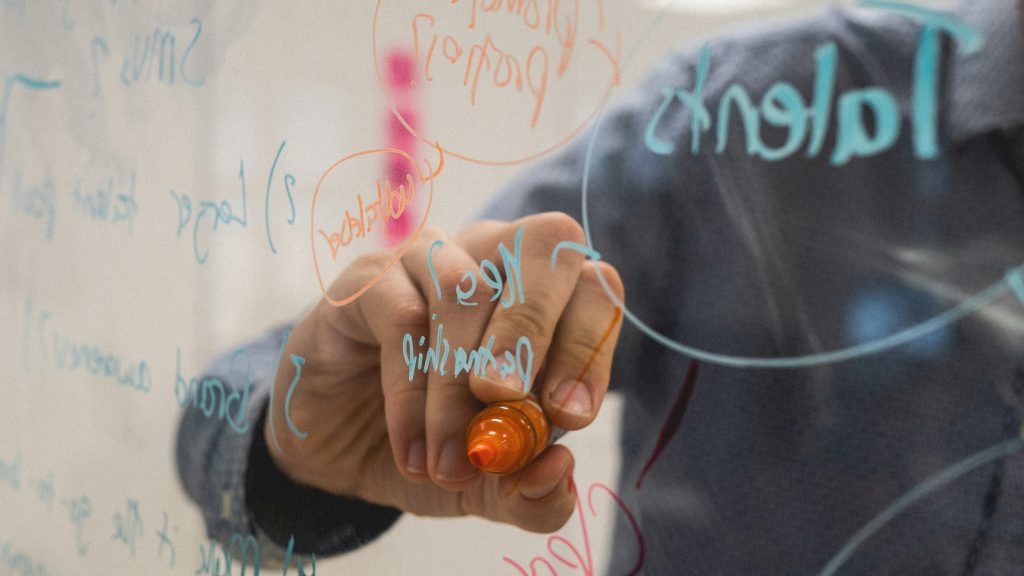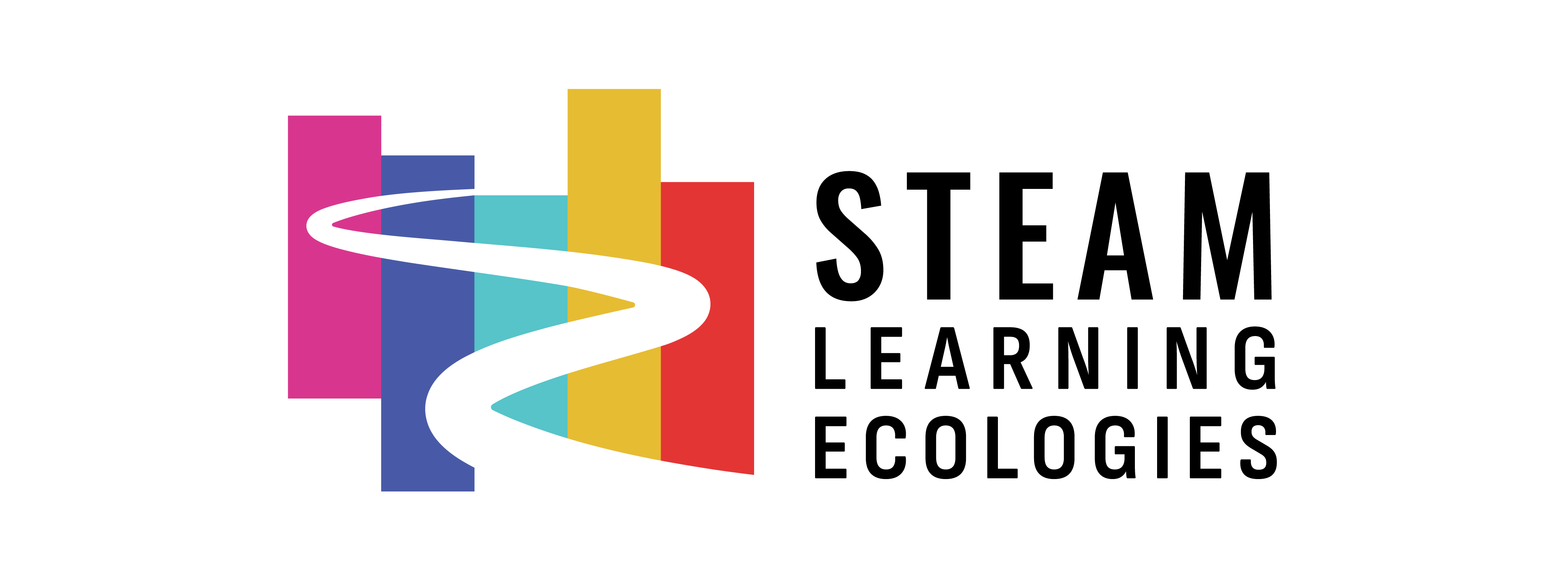On Wednesday
20th of March, the SLEs project organised its second reflection workshop.
The event was an
opportunity to bring together all the actors engaged in the piloting of a
STE(A)M Learning Ecology (National Coordinators, initiators and stakeholders),
to exchange experiences and good practices, discuss about challenges and plan
for the upcoming scale-up phase.
The workshop was
divided in two moments. In the first part, our partners from the University of
Cyprus presented the participatory scenario development template, which will
guide SLEs to self-evaluate the role of interactions between stakeholders in
supporting learners’ engagement, and plan for better strategies. Participants
were then provided with examples on how to fill the template.
During the
second part of the workshop, participants shared their experiences in groups.
The discussion explored which learning resources were shared in their SLEs and
how these resources connected to the learning products created by learners.
Participants then identified challenges in the implementation of the SLEs and
defined the type of support they would like to receive in the future. Finally,
a conversation on best practices for the scaling up of the project during the
mature phase, from 13 to 100 SLEs, was facilitated in each group.
In more detail,
the participants highlighted the significance of tailoring learning resources to meet the diverse needs and interests of learners in SLEs, showcasing a range
of resources from data sets to artist-led sessions. They also stressed the
importance of creating tangible learning products to share project results with
a wider audience. Despite the overall positive experiences, challenges such as
teachers’ concerns about increased workload and time constraints within the
curriculum were noted, with proposed solutions including leveraging
headmasters’ influence and creating peer support networks. Participants
emphasized the need for guidance on stakeholder engagement, parental
involvement, and resource procurement, suggesting formalized agreements between
schools and stakeholders. Scaling up SLEs involves integrating them into
regular school programs with the involvement of Ministries of Education and
creating communities of practice.
The reflection
workshop served as a platform for dialogue, highlighting the potential of SLEs
to transform traditional education paradigms. Moving forward, SLEs will take
stock of these insights to facilitate the implementation and scale-up of the
project.




